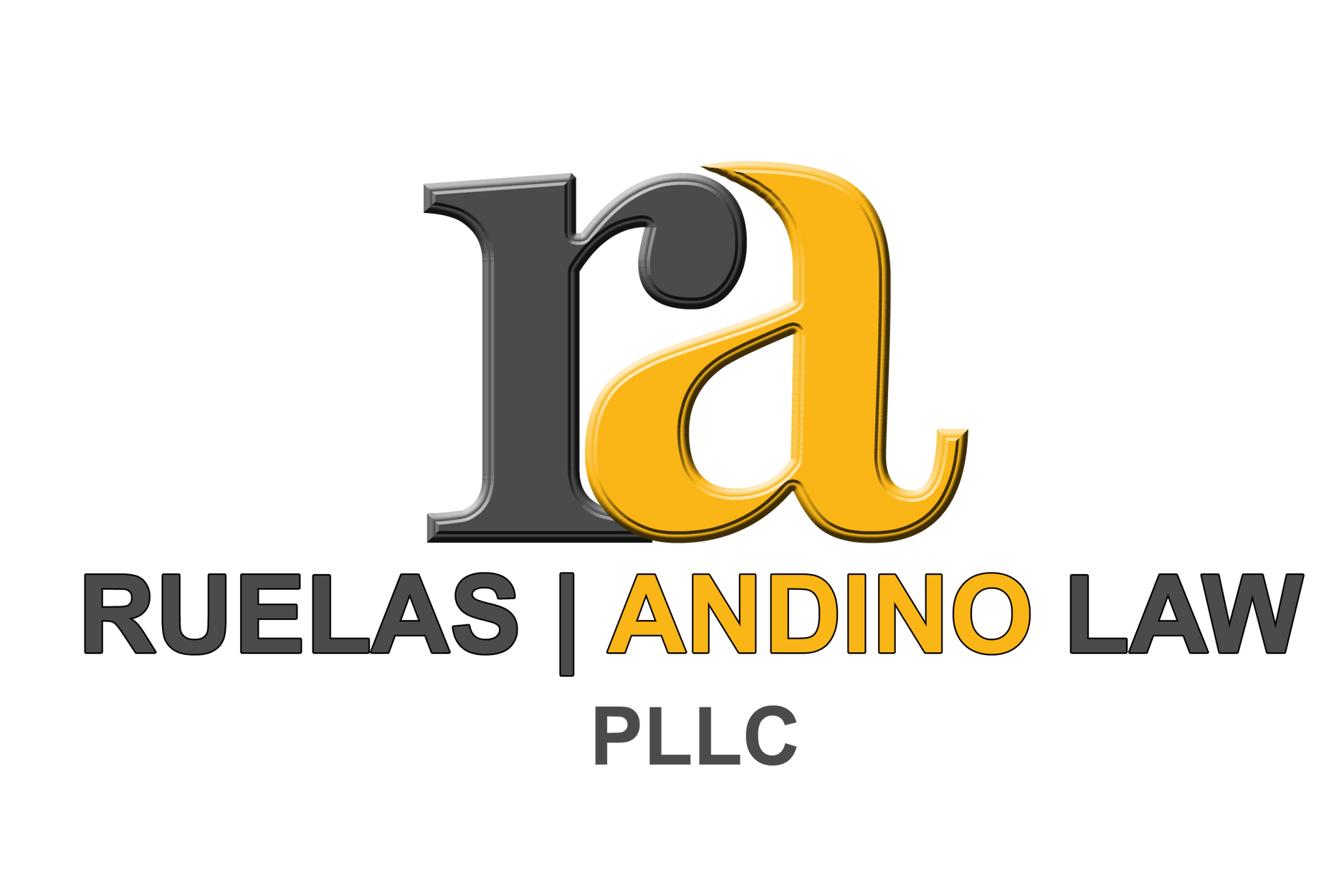Buying commercial real estate can be a sound investment with numerous benefits. Commercial properties generally tend to appreciate, so they’re less likely to lose value over time. They can also generate higher returns than residential properties and certain other investments. Beyond the increasing value of the property itself, owning commercial real estate can bring you extra income from lease or rental contracts.
Investing in commercial properties likewise allows you to further diversify your portfolio and provides an added hedge against inflation. Several tax advantages come into play as well. Interest you pay on the property and money you invest in its upkeep may be tax deductible, which can help to offset your mortgage payments and other expenses. If the property happens to depreciate rather than gaining value, you may also be able to claim that loss on your tax returns.
Looking at the Potential Downsides of Buying Commercial Real Estate
All that being said, buying commercial real estate is a significant investment. It also comes with quite a few potential risks. Deciding which retail spaces, warehouses, apartment buildings, office spaces, and other commercial properties are worth your time and money and which ones are best left alone is a major undertaking in its own right. From there, securing funding, managing the property, keeping it occupied, and many other factors enter the mix.
Finding the right properties to invest in is the key to maximizing your returns. Understanding some of the common problems that may arise in commercial real estate transactions and how to avoid them will also reduce your risks and help you get the most out of your investment. Watch out for the following deal-killers in this realm, and keep in mind that partnering with an attorney who is experienced in
transactional real estate law in Texas will help you bypass many of the typical pitfalls.
Exploring a Developing Problem in the World of Commercial Real Estate
Before delving into some of the typical hurdles you may encounter during a commercial real estate transaction, consider the importance of thinking carefully about the type of property you buy. Some are more stable and lucrative than others. For example, apartment complexes and manufacturing facilities typically gain value. In contrast, malls and other retail spaces are losing value due to the rise of online shopping. Funneling your money into malls and other retail spaces could result in losses instead of gains.
Certain types of commercial properties are particularly problematic at this point. What is a growing concern in commercial real estate right now? One of the most noteworthy is the viability of office spaces. Due to the ever-growing
trend toward remote work, quite a few office spaces are now sitting vacant, and their owners are struggling to attract new tenants.
By extension, rental rates for those properties are on the decline. Even if owners are able to find occupants for those spaces, owners are still finding it difficult to generate the passive incomes they’re looking for. As a result, mortgage defaults are more prevalent. That’s placing increased pressure on lenders to recoup their losses which in turn makes them more reluctant to provide loans for office buildings.
On top of all that, the downturn in the use and value of office spaces is having a negative impact on surrounding companies and neighborhoods. For instance, restaurants and retail spaces near now-vacant office buildings are seeing less business and revenue because they’re getting less exposure. Some are being hit so hard that they’re forced to relocate or shut down. People who initially moved into nearby communities to be close to those office spaces and other businesses are moving elsewhere.
Along the way, the vacant office spaces and other affected properties are falling into disrepair. That, combined with declining economic potential, makes new businesses and residents less likely to move into the surrounding area. As a result of all those factors,
property values are falling across the board.
That doesn’t necessarily mean you should avoid buying an office space. It just means that you need to have a plan in place if you do. You may need to consider repurposing the property, which could require a sizable investment. You may also face challenges in securing financing for the property.
Understanding Other Common Deal-Killers in Commercial Real Estate
Shifts like those affecting office spaces can certainly affect your returns on a commercial property without the right measures in place. They’re not the only problems to consider, though. Take a look at a few additional deal-killers in commercial real estate transactions.
Property Degradation
One potential deal-breaker in commercial real estate is property degradation. This may include electrical problems, plumbing issues, foundation damage, and many other factors. The more problems a property has, the more it’s going to cost you to bring it up to par.
Once you buy a property that’s in disrepair, you’re responsible for correcting all of its problems. If you don’t, you could face serious penalties, not the least of which are lofty fines and revocation of the permits the business needs to legally operate. In some cases, buildings that aren’t up to code are shut down, and those responsible may face jail time.
Sellers are advised to have commercial properties inspected before placing them on the market. They’re also required to make the results of those inspections available to potential buyers. Still, it is always recommended that you, as a prospective buyer, have your own in-depth professional inspection carried out before signing on the dotted line. Doing so can help you avoid unpleasant surprises after the fact.
If any problems are uncovered in your inspection, you have a couple of options. For one, you can agree to purchase the property on the contingency that the seller has those issues resolved. Alternatively, you can negotiate with the seller on the price of the property to offset the cost of repairs and take care of them yourself. In some cases, though, a property may be in such a state of decline that repairing it wouldn’t be worth the investment.
Title Issues
When buying commercial real estate, many people make the mistake of assuming that the property has a clear title and the seller has the legal authority to place it on the market. Unfortunately, that’s not always a given. Several issues can arise with the title to a property.
For instance, there may be disputes over ownership or rights to use the property. People who own surrounding properties may contest where the boundaries are. The property in question may have liens against it or unpaid taxes to contend with. Title forgeries are on the rise, so that’s certainly something to be aware of. Even clerical errors that occurred when the title was signed over to the current owner can cause serious problems for you during and after the transaction.
To avoid those issues and their repercussions, it is strongly advised to conduct a thorough title search before proceeding with the purchase. Title searches can provide a great deal of information on a property, including its rightful owners, judgements against it, tax obligations, easements, and many other details.
This is one of the many areas in which attorneys can be invaluable. While title companies typically conduct title searches, attorneys can assist in more effectively deciphering the information found in a title search. They can also help ensure that any problems with the title and ownership of a property are successfully resolved before you make a commitment. In addition to working with an attorney and performing a title search, it is also strongly advised that you purchase title insurance to protect you against unforeseen problems.
Unclear and Unreasonable Contract Terms
Be leery of unclear and unreasonable terms in your contract when purchasing a commercial property as well. Vague language in your contract can lead to misunderstandings. Ambiguous phrases and unrealistic expectations can leave you vulnerable to any number of legal and financial problems after the fact.
For example, say the contract states that the sale of the property is “contingent upon the buyer obtaining satisfactory financing at market rates.” Language such as this is extremely undefined. A more satisfactory arrangement could include specific details about the market rates, how much of the purchase price you’re expected to obtain financing for, how long you have to secure financing, what proof of financing you’re expected to provide, and under exactly which conditions you or the seller may terminate the agreement.
Another example would be a vague clause saying that the seller will deliver the property in satisfactory condition at closing. “Satisfactory condition” is open to interpretation, and a statement like that is likely to work out more in the seller’s favor than yours. Instead, the contract should specify what is considered satisfactory.
That could include no electrical malfunctions, plumbing leaks, damaged equipment, or code violations. Your contract should also detail which problems the seller is responsible for resolving and which ones fall on your shoulders. It should cover any discounts the seller agrees to apply to the purchase price of the property to mitigate the costs of the repairs you’re responsible for as well.
Don’t be afraid to ask for clarification on any points that are unclear and negotiate any terms that are unreasonable. Be sure the contract is revised accordingly and thoroughly reviewed by your attorney as well. Don’t leave anything to chance.
Protecting Yourself From Unnecessary Risks When Buying Commercial Properties
Buying commercial real estate can be an effective way to diversify your portfolio, generate passive income, and boost your net worth. Not all properties are worth your time, money, or effort, though. Some can drain your finances more so than bolstering your wealth.
Finding a commercial property that’s in perfect condition with no problems whatsoever is difficult, if not impossible. You can work around many issues or have them resolved before taking ownership of a property. Some require more of an investment than they’re worth, though. Besides that, if you’re not careful, you could set yourself up for serious problems after taking ownership of a property. Keep the points mentioned here in mind to avoid some of the common deal-killers and be sure to add an attorney to your arsenal to further protect yourself from unnecessary risks
Disclaimer:
Ruelas Andino Law, PLLC makes no claims as to the accuracy of the information contained within the external links in this blog article nor does it endorse any of the businesses contained in the links. Information contained in this blog is for informational purposes only and may not be construed as legal advice.



